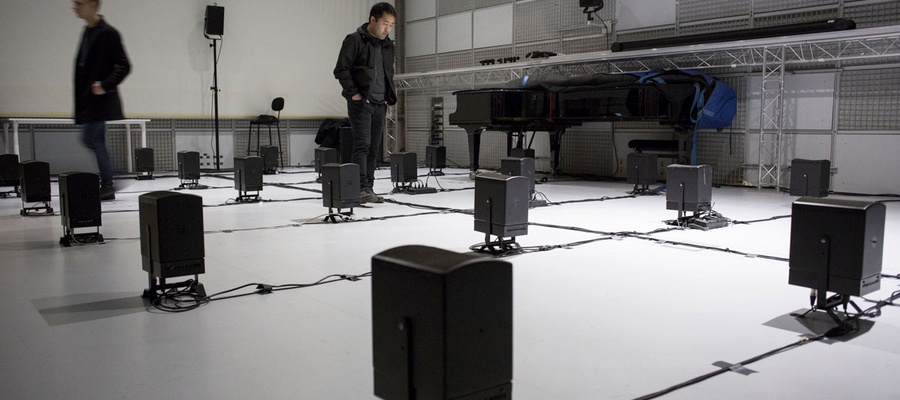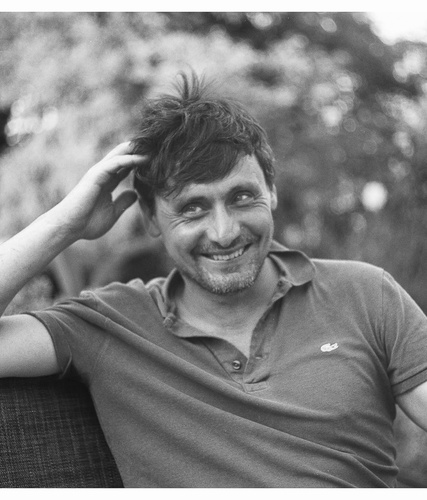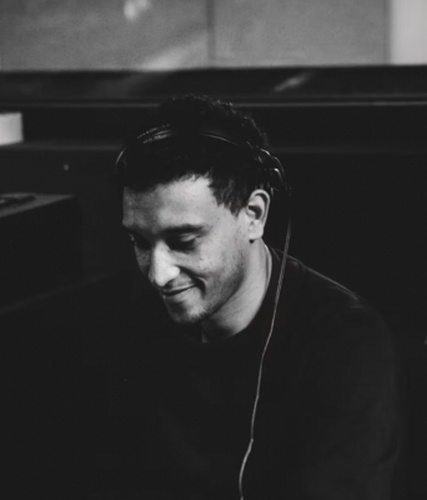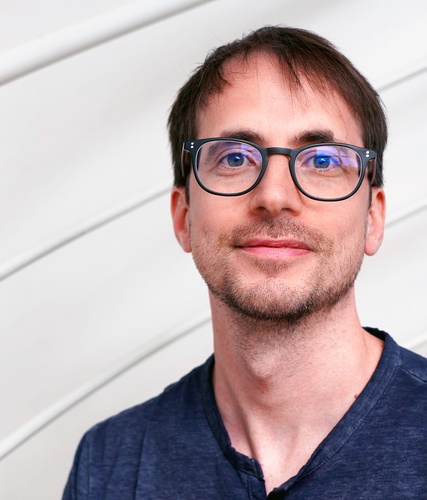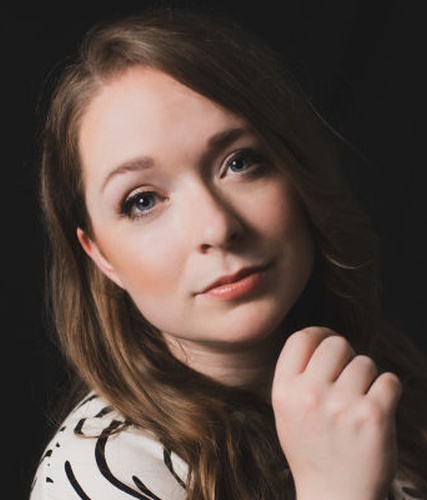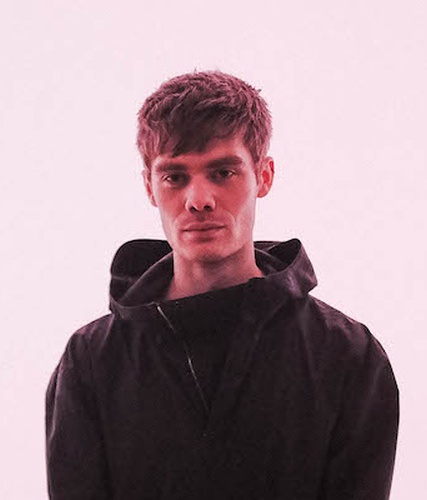Résidence en recherche artistique
L'appel à candidatures prévu en février est reporté en raison de la restructuration du pôle de la recherche musicale.
Le programme de résidence en recherche artistique de l'Ircam offre aux artistes de toutes disciplines, la possibilité de collaborer avec une ou plusieurs équipes de recherche de l’Ircam, dans le cadre d’une résidence de 2 à 6 mois, pouvant être prolongée dans un centre partenaire. Ces résidences visent à élargir le champ de la musique par l'apport de la science et de la technologie.
Les bénéfices de la résidence pour les artistes sont multiples :
- Disposez d'un temps de réflexion sur votre pratique ;
- Travaillez avec des chercheurs et chercheuses pour approfondir une piste de recherche artistique ;
- Élaborez ou perfectionnez un outil de création innovant ;
- Menez une recherche artistique expérimentale ;
- Produisez le prototype d'un artefact ;
- Composez l'esquisse d'une pièce ou d'une performance ;
- Testez une configuration, un dispositif audio/vidéo immersif.
La sélection des lauréat.e.s sera faite par un groupe de membres d’un jury international.
Compositeurs et compositrices, chercheurs et chercheuses, artistes sonores
Information et contact 01 44 78 47 60 | residency (at) ircam.fr
![]()
Résidences en recherche artistique 2024
 Inside the Rainforest : Voyage à travers cinq années d’enregistrements de la forêt tropicale en Guyane française
Inside the Rainforest : Voyage à travers cinq années d’enregistrements de la forêt tropicale en Guyane française
Un projet de Sébastien Gaxie en collaboration avec l’équipe Analyse et synthèse des sons de l’Ircam STMS et le Muséum national d’Histoire Naturelle.
Utilisation de l’analyse sonore assistée par IA pour explorer la biophonie de la forêt tropicale et composer un dialogue entre nature et orchestre.
 Ruptures : Exploration des nouvelles pratiques dans la musique rap
Ruptures : Exploration des nouvelles pratiques dans la musique rap
Un projet de Julien Jaubert en collaboration avec l’équipe Interaction Son Musique Mouvement de l’Ircam STMS.
Utilisation de la synthèse vocale basée sur l'IA dans la musique vocale non chantée pour explorer les enjeux politiques et poétiques de la parole synthétisée.
 MAP, a Multidimensional Approach to comPosition
MAP, a Multidimensional Approach to comPosition
Un projet de Simon Kanzler en collaboration avec l’équipe Analyse des pratiques musicales de l’Ircam STMS.
Une approche multidimensionnelle de la composition par la désynchronisation et la synchronisation de groupes/familles d’instruments spatialisés
 Spatial Materiality: Expérimenter la composition à travers les environnements matériels
Spatial Materiality: Expérimenter la composition à travers les environnements matériels
Un projet d'Emma Margetson en collaboration avec l’équipe Espaces acoustiques et cognitifs de l’Ircam STMS
Redéfinir la musique à travers l'espace : découvrez comment le haut-parleur IKO (réseau sphérique de haut-parleurs) transforme notre perception sonore en intégrant l'environnement physique comme un acteur clé de la composition.
 Points of Articulation : Un voyage artistique au cœur de la synthèse vocale et de notre rapport à la technologie
Points of Articulation : Un voyage artistique au cœur de la synthèse vocale et de notre rapport à la technologie
Un projet de Seth Scott en collaboration avec l’équipe Analyse et synthèse des sons de l’Ircam STMS
Utilisation de la synthèse vocale basée sur l'IA dans la musique vocale non chantée pour explorer les enjeux politiques et poétiques de la parole synthétisée.
Résidences 2024.25
Sébastien Gaxie
Compositeur, pianiste et écrivain né en 1977, il grandit entre l’étude du piano et la vie de petit chanteur. Adolescent, il découvre le jazz avant d’intégrer plus tard le Conservatoire de Paris en composition, où il devient élève d’Emmanuel Nunes. Il tra…



